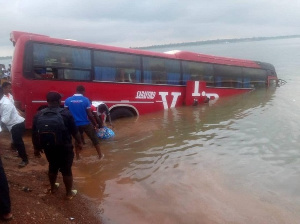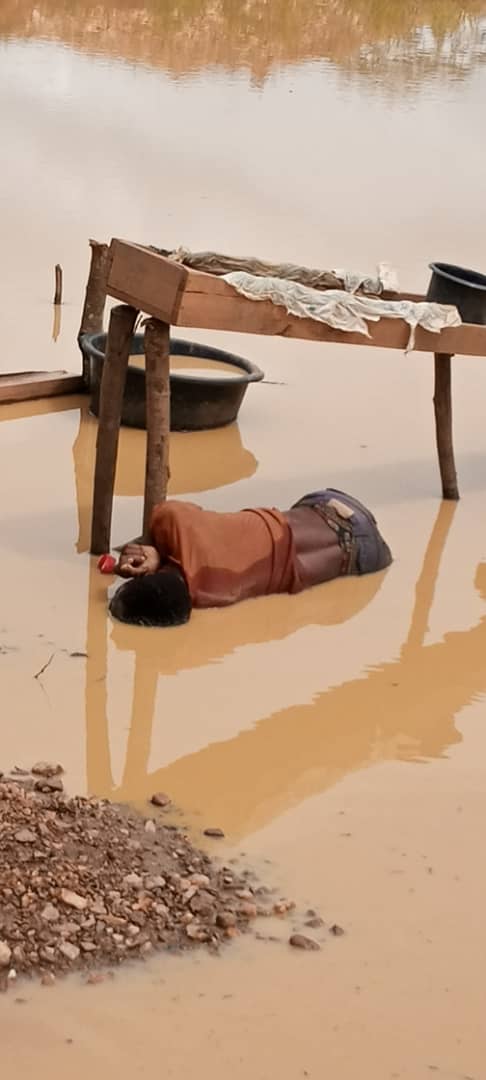Jospong Group Supports Dialysis Patients At The Bank Hospital
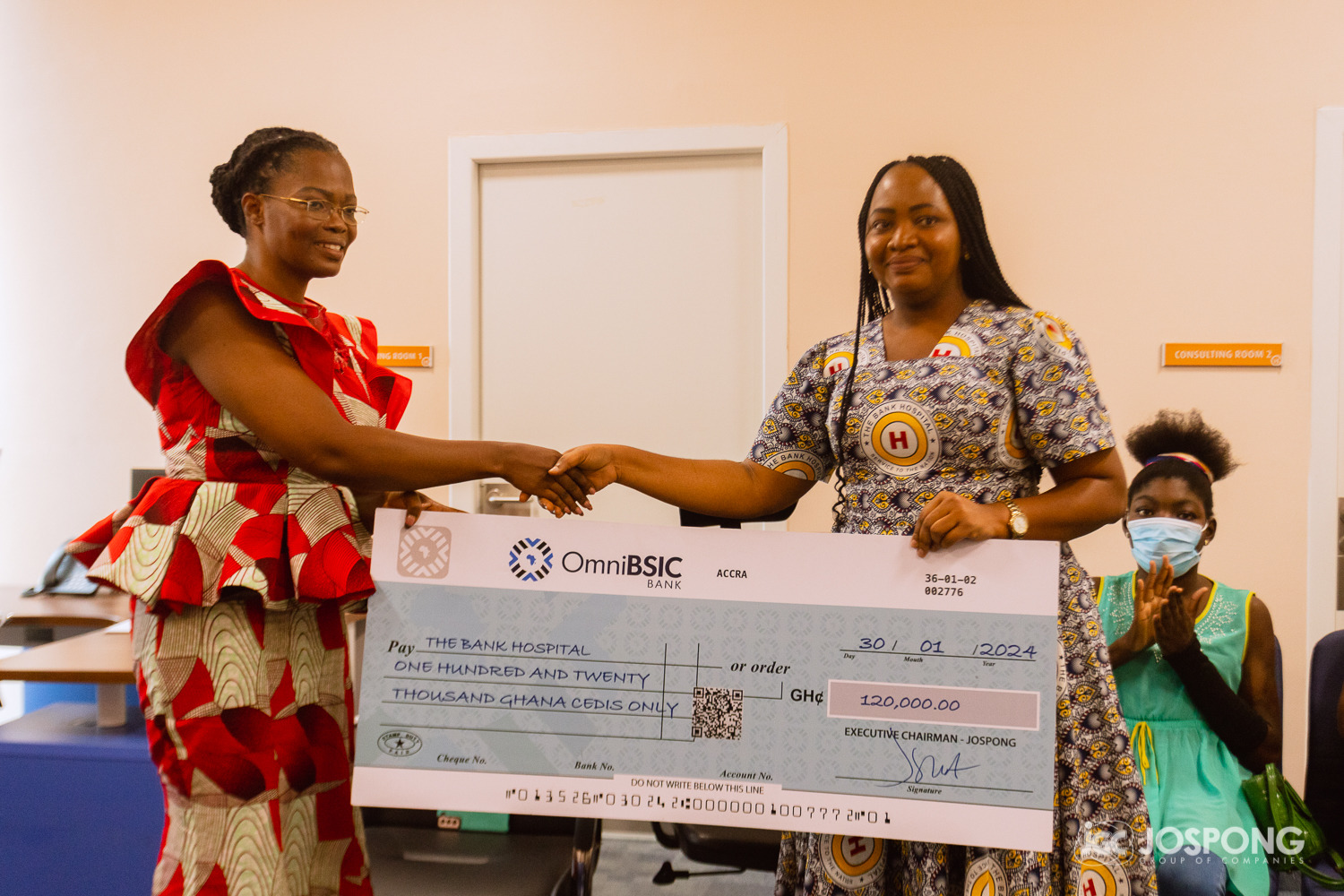
The Jospong Group of Companies has supported the Bank Hospital with a cheque of GHc120,000.
The gesture which forms part of the Group’s corporate social responsibility it is aimed at assisting with the medical bills of renal patients at the hospital.
Presenting the cheque, the Director of Communication and Corporate Affairs at Zoomlion Ghana Ltd. Ms. Emma Adwoa Appiaa Osei-Duah noted that every year the company embarks on charity endeavours by identifying needy institutions and individuals and supports them in which ever means they can. Last year, the company took a decision to support the dialysis program, hence settling on three dialysis units in Accra for the support.
“Every year after our end-of-year Thanksgiving service, we engage in charity, and in 2023, we decided to support the dialysis units of three hospitals,” she explained.
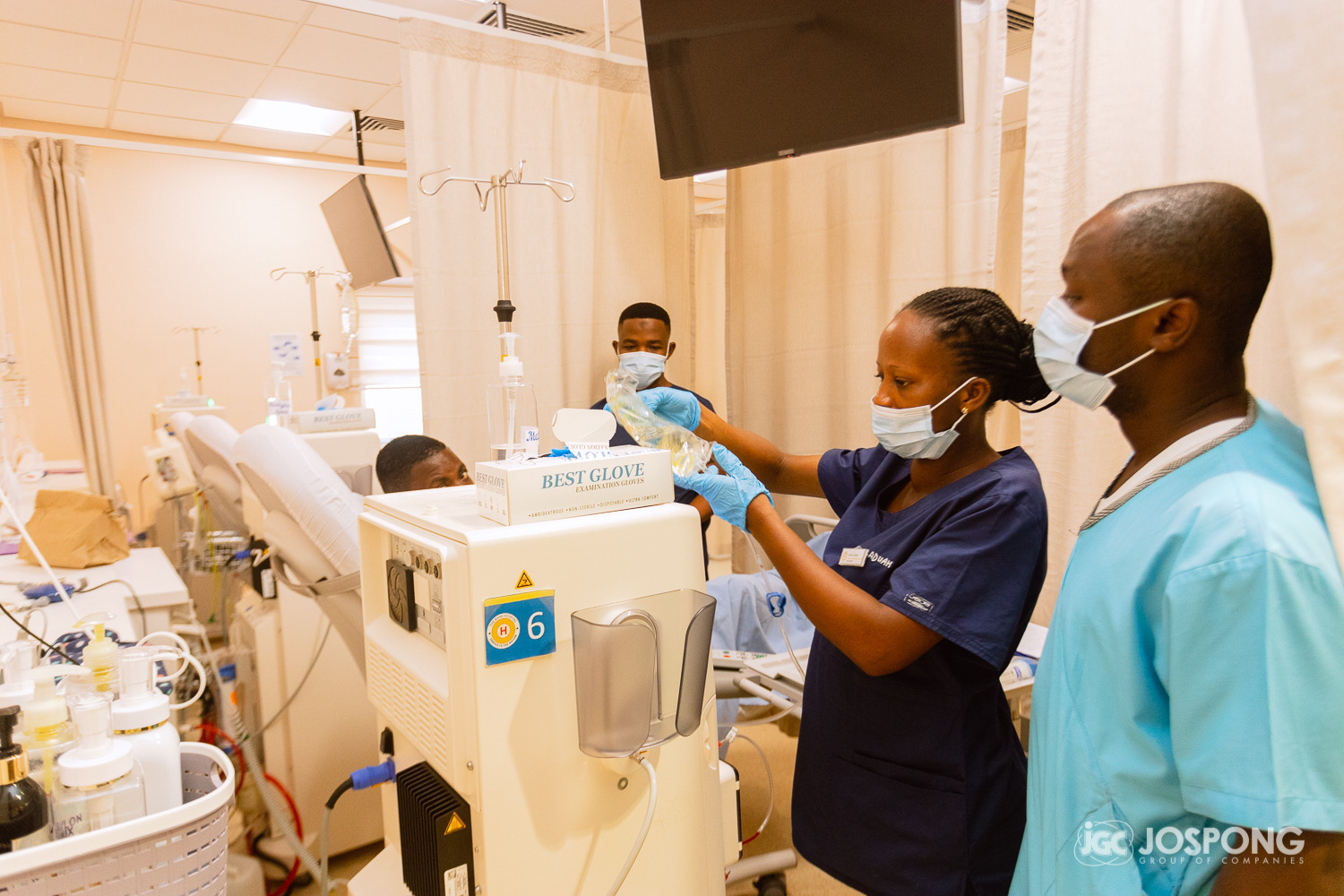
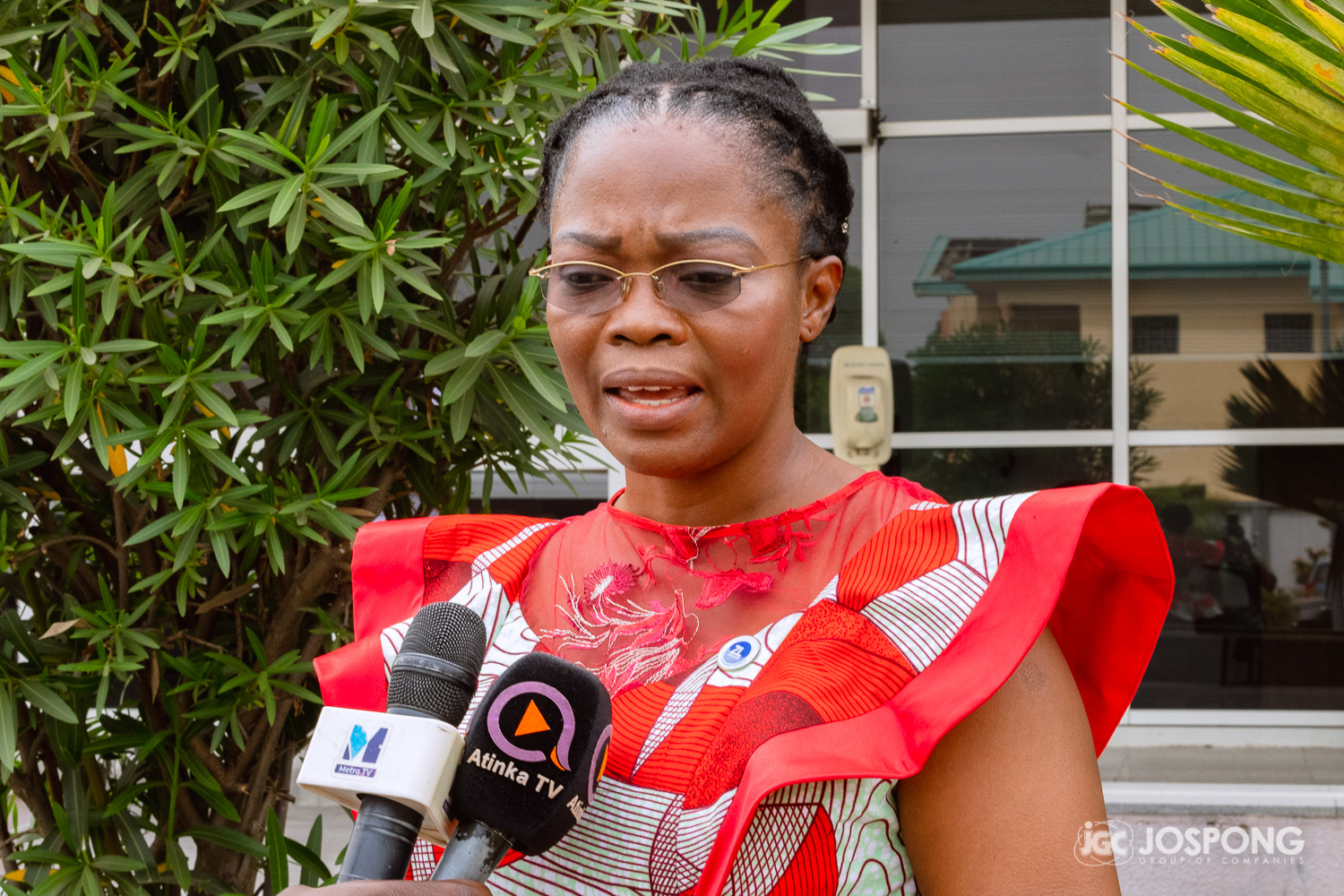
The total figure for the three beneficiary hospitals; the Korle-Bu Teaching Hospital, the University of Ghana Medical Center (UGMC), and the Bank Hospital, is GHc500,000.
Receiving the cheque, the Chief Finance Officer, madam Grace Awotwi, commended the Jospong Group for the support and promised that the money would be of great support to the patients.
On his part, a dialysis specialist at the hospital, Franklin Asare, noted that it has been very challenging for some patients to pay for their bills.
He therefore called on the government to consider absorbing the cost of dialysis on the national insurance scheme.
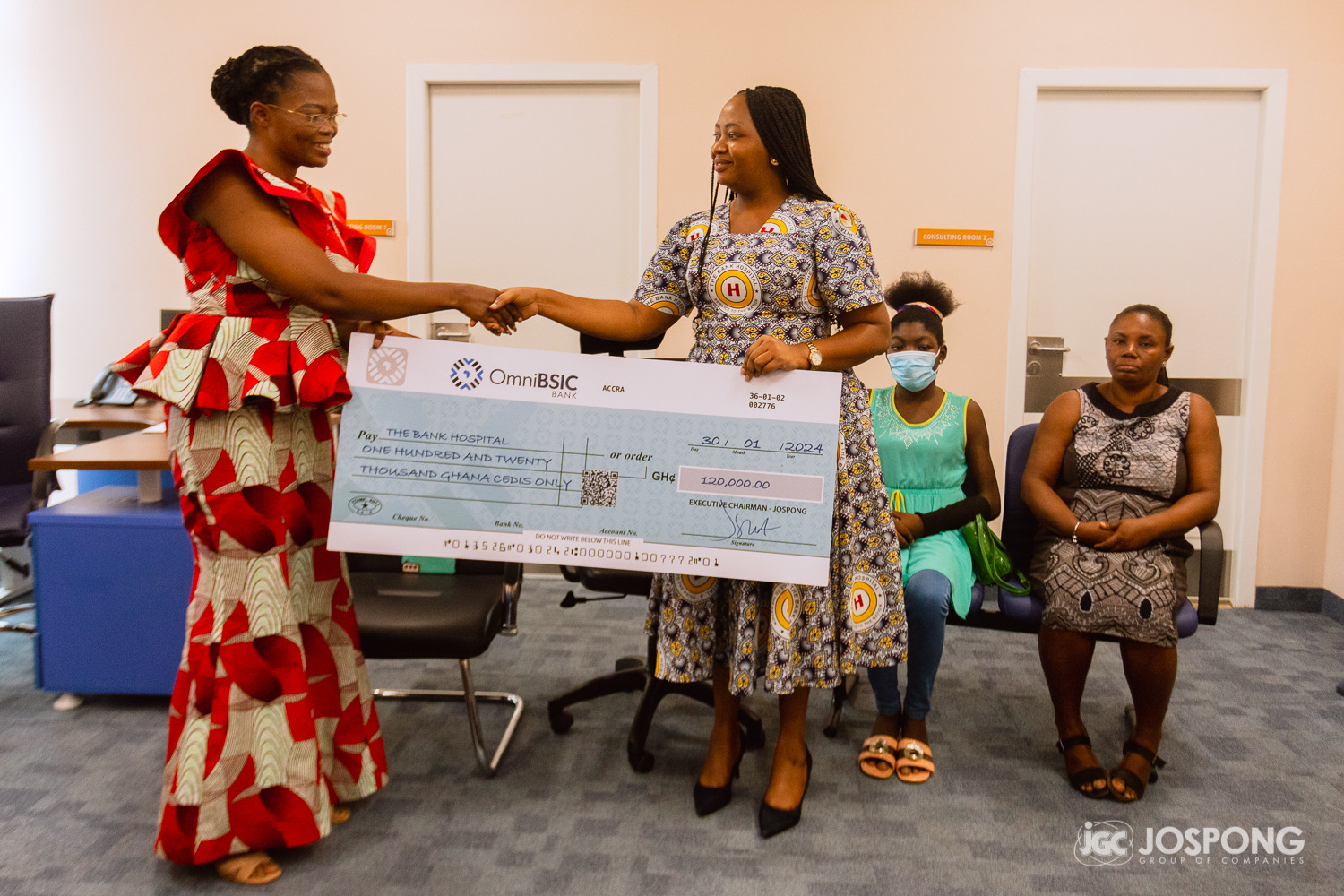
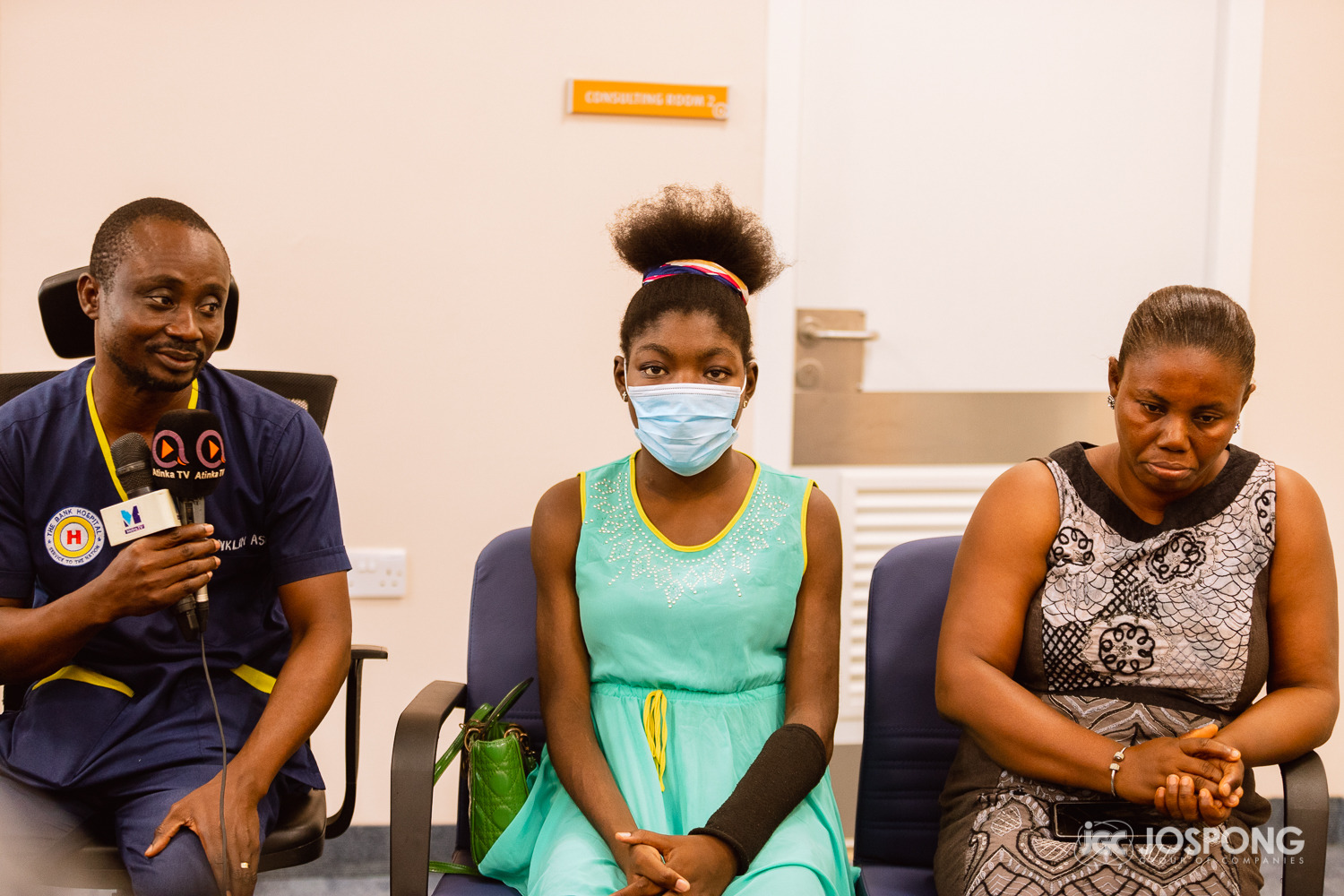
“I believe the government can help with the cost of at least a session of dialysis a week, which could be covered under the national insurance scheme to help reduce the burden,” he pleaded.
A patient, Ms. Stacy Adam Behinni, a 24 year old, former student of the Tema Secondary School, commending the Jospong Group for the benevolence, said she has been on dialysis for four years and this has hindered the advancement of her education. This is because the sickness has been a toll on her parents.
“This sickness has brought a lot of pain to my family because every week they have find money to pay my bills, and this has not been easy at all,” she cried.
It is estimated that between 13% and 17% of Ghana’s population have some form of renal function impairment.
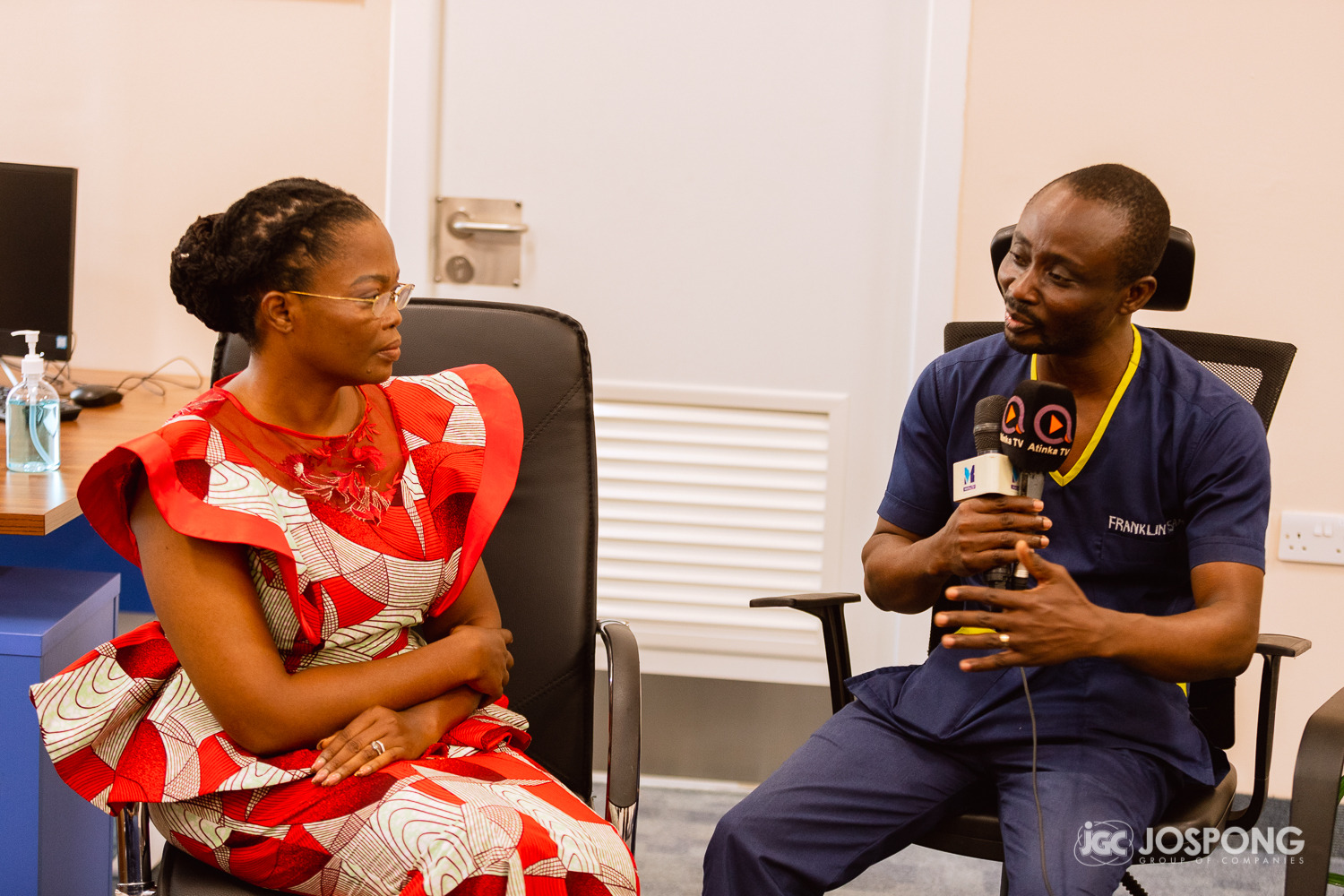

This equates to between 4 million and 5.2 million citizens. Researchers suggest that, from this segment of the population, between 15,000 and 19,500 should be on dialysis.
The data available suggests that approximately 2,000 people are currently on dialysis.
This means between 13,000 and 17,500 people are without treatment. These people will often seek alternative forms of treatment and access renal care only when the situation is acute. This has an impact on their quality of life and life expectancy.


